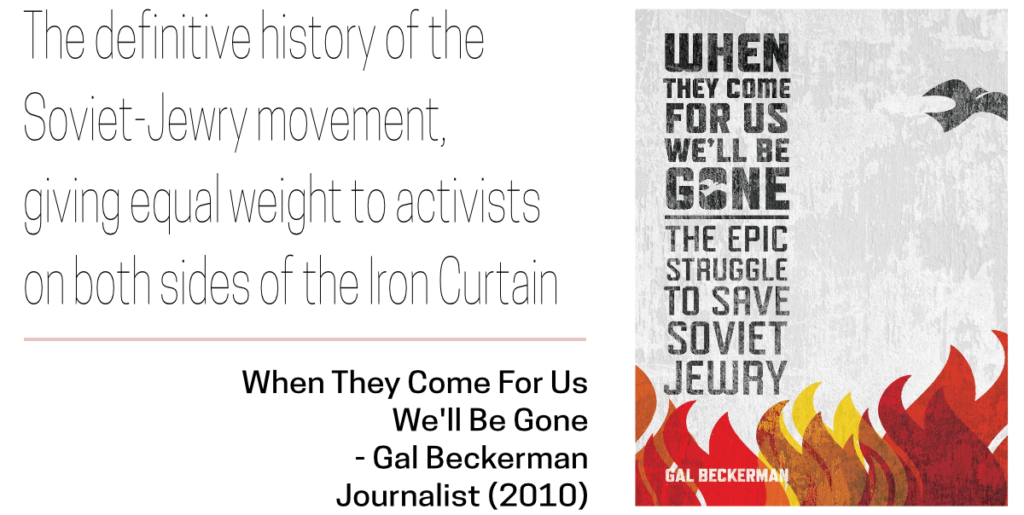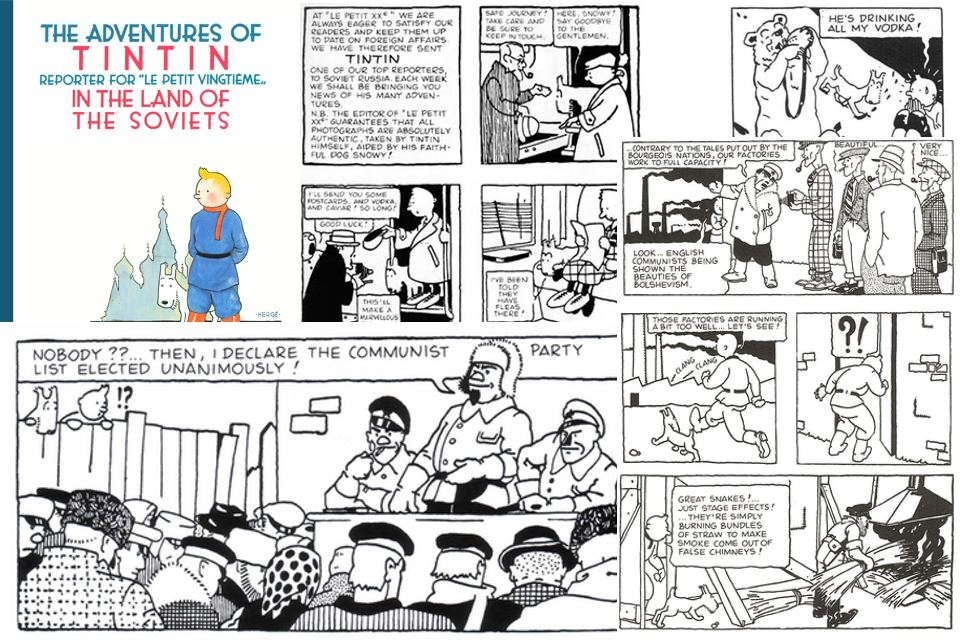Soviet-Jewish Decade Top 10: Through Soviet Jewish Eyes
My next selection for the Soviet-Jewish Decade Top 10 is Through Soviet Jewish Eyes: Photography, War, and the Holocaust, by historian David Shneer, which uncovers the role of Jewish photographers in the Soviet photography industry.
Soviet-Jewish Decade Top 10: Through Soviet Jewish Eyes Continue Reading






